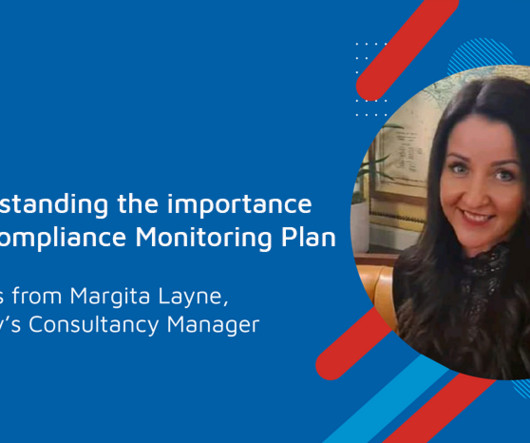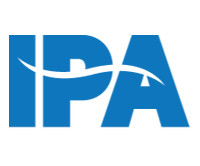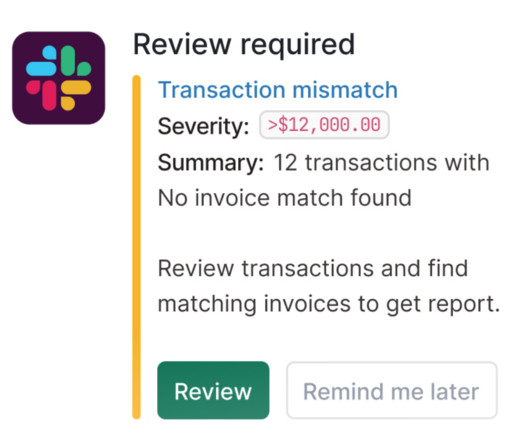Turkey Is Most Difficult Market for Regulatory Compliance
PYMNTS
JUNE 14, 2017
In its Financial Complexity Index 2017 report, TMF Group examined 94 jurisdictions in Europe, the Middle East, the Americas, Asia Pacific and Africa, diving into how various regulations change and how those changes might affect corporate finance. Rounding out the list are Colombia, China, Belgium, Argentina and India.

















Let's personalize your content